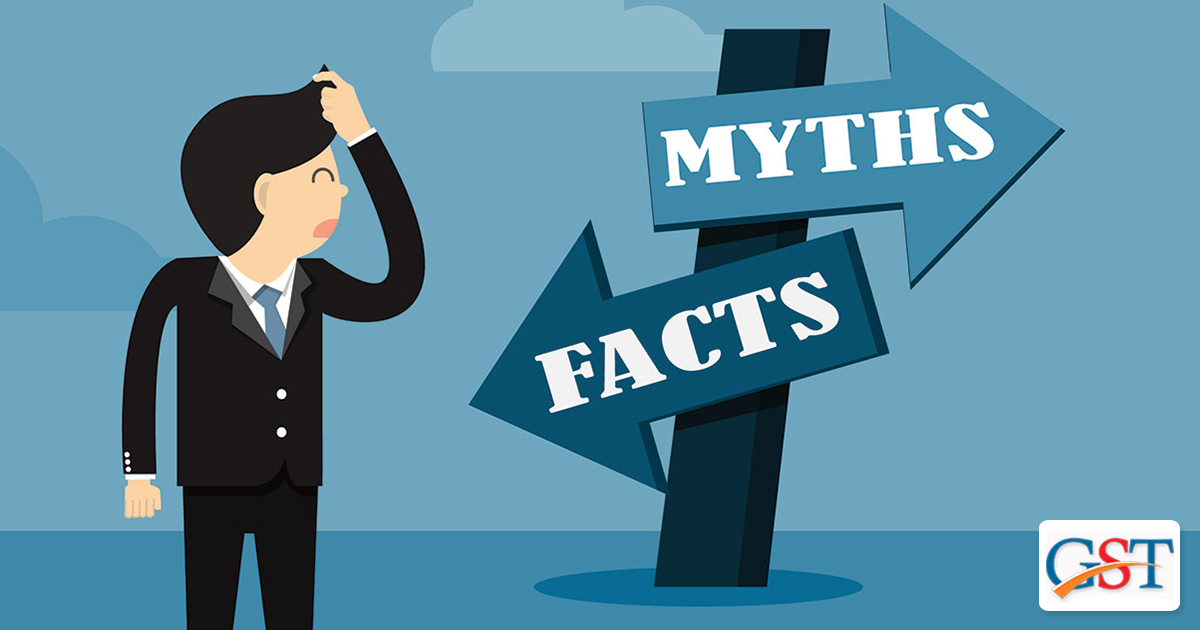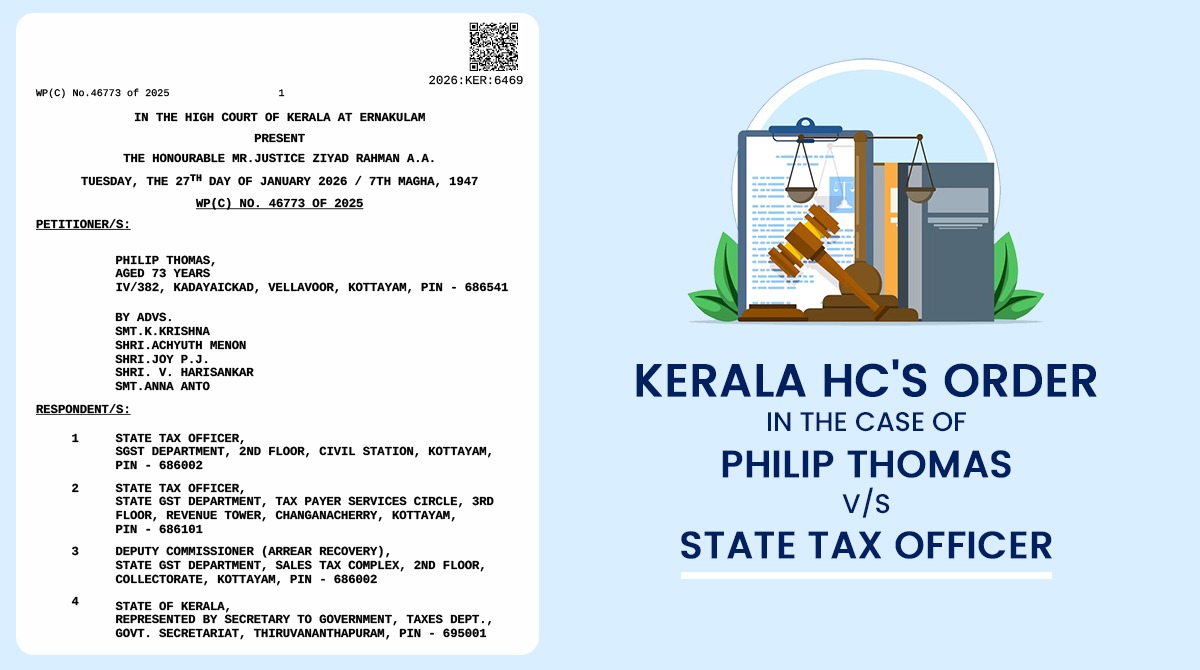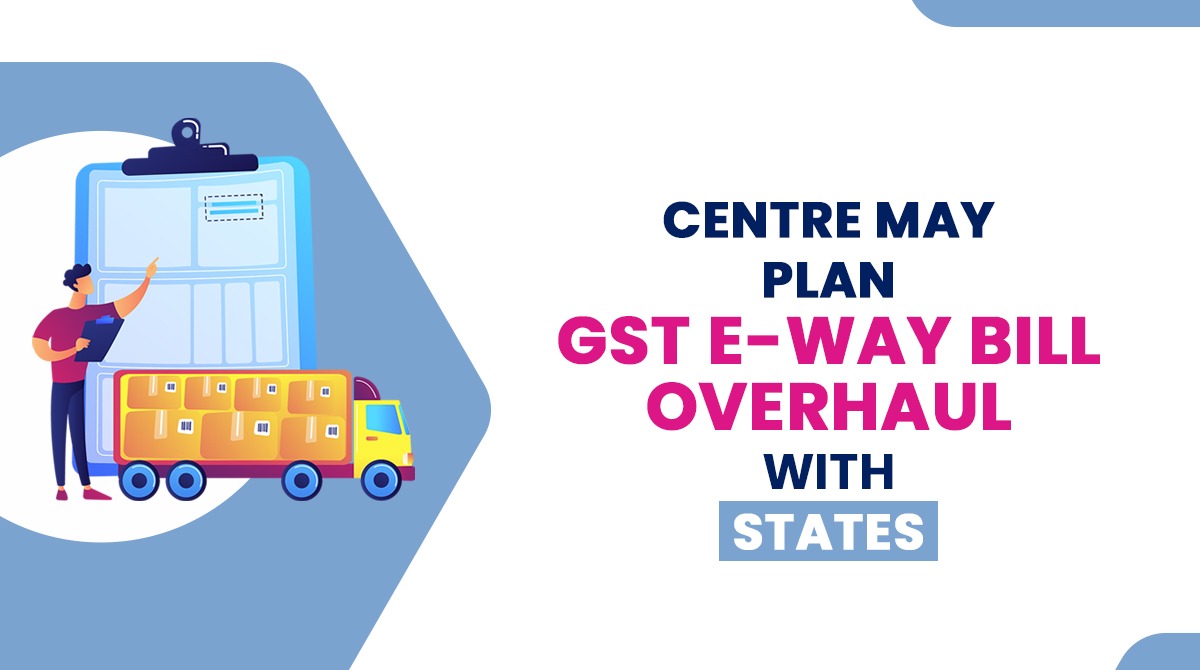The GST regime is a new way tax by the means of filing returns, tax brackets and classifications. The new scheme of tax will still take some time to get easy within the structure of the Indian economy and taxpaying community. People are under the confusion and dilemma over various points being introduced within the wide prospect of GST.
Let’s discuss and negate all those myths and misconceptions related to the new GST scheme:
One Tax One Nation
Myth – It is supposed that under the GST, all the taxes on goods and service will come under one roof.
Reality – Most of the products and services are kept out of the GST ambit such as sin goods and petroleum in order to extract extra revenue from the consumption of these items individually by the states to compensate their restructure tax structure.
GST is not Feasible for Small Businesses
Myth – All the business units must be fitted with the highest level of technology to file returns and also equipped with GST knowledgeable manpower.
Reality – Small business units can do away with manual billing and there is no need for internet connectivity all the time, it is only supposed to be at the time of filing of returns.
Read Also: GST Preparation Steps for Indian Companies and Traders
GST will Create Inflation
Myth – As speculated by some lame minds, that the GST will increase personal expenses and will create inflation by its higher tax rates.
Reality – The prices are still under control as earlier the government was levying all sorts of taxes and was not mentioned in the bill, but this time the consumer is in action and can see the change. In fact, the taxes are much lower than the previous incidence.
No Tax other than GST
Myth – Now as the GST is applicable, all the other taxes are now demolished
Reality – State governments are still in charge of tax ups and downs, as the government can still levy any certain amount of tax over the GST products.
Growth in the Economic Condition of the Country
Myth – GST will be giving a growth to the economic conditions of the country
Reality – The growth of an economy comes from both organised and unorganised sector and excluding the unorganised sectors out of the GST may hit the objective of the GST. However, the ease of doing businesses certainly relative to the issue.










